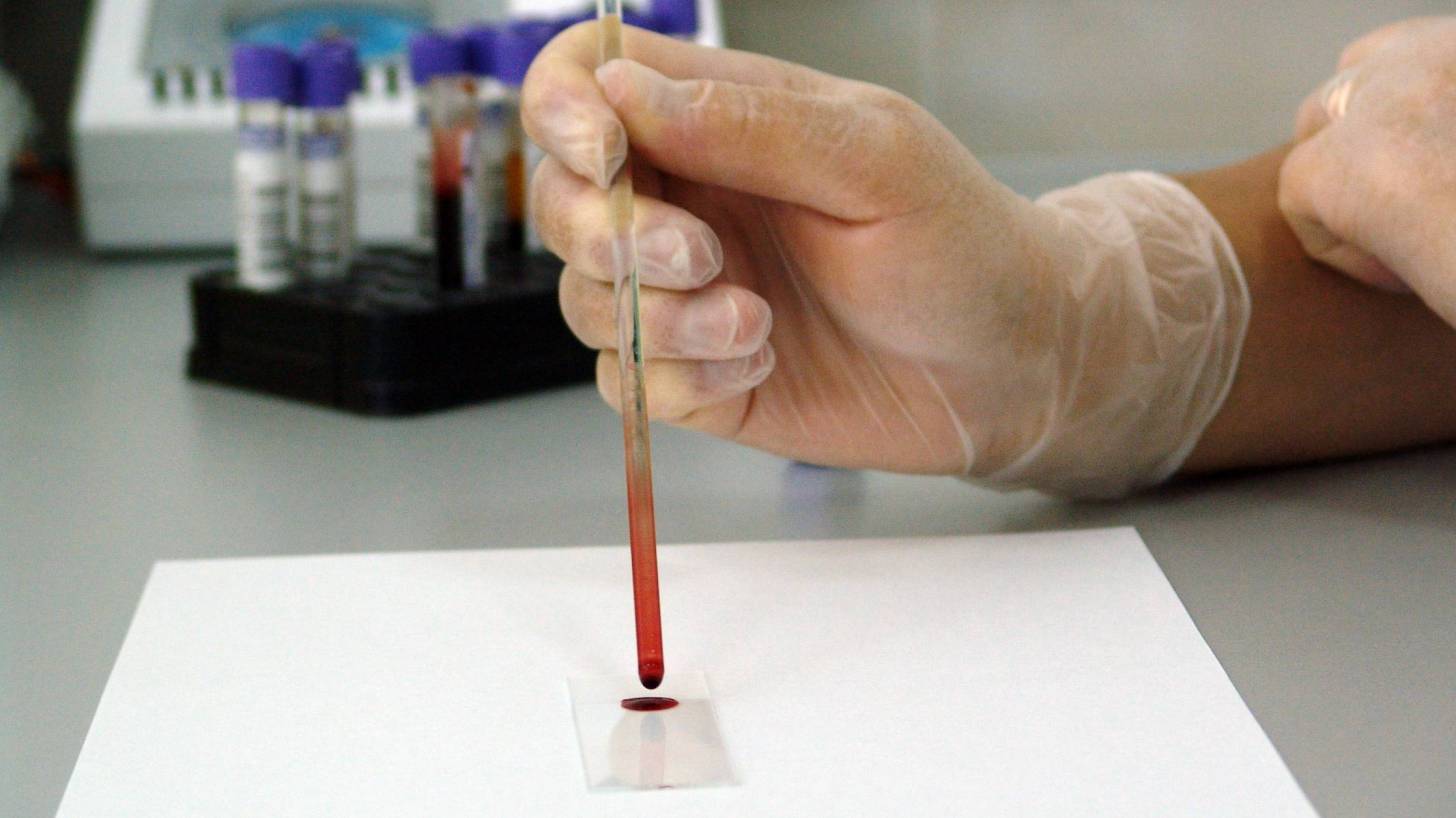COVID-19 Treatment Study ‘Paused’

‘As of last evening, Eli Lilly continued to be in communication with the trial sponsor regarding the recommendation from the independent data safety monitoring board (DSMB) of the ACTIV-3 clinical trial to pause enrollment of the study,’ stated the company’s website.
The ACTIV-3 study is evaluating Lilly’s investigational neutralizing antibody bamlanivimab (LY-CoV555) as a treatment for COVID-19 in hospitalized patients and is sponsored by the National Institute of Allergy and Infectious Diseases (NIAID). The dose of bamlanivimab being investigated in this trial is 7000 mg.
On October 14, 2020, Lilly stated ‘only the DSMB has reviewed the data from the trial, and National Institutes of Health (NIH) leadership and Lilly remain blinded to the ongoing trial results.’
‘Lilly trusts the judgment of the independent DSMB and supports its decisions to exercise caution in ensuring the safety of the patients participating in this study,’ stated the Indiana based company.
Importantly, the DSMB also considered the impact of the ACTIV-3 study pause on the ACTIV-2 clinical trial and did not recommend any changes to that study’s design or enrollment.
Individuals in the ACTIV-3 study have been infected with the virus for a longer period of time and may have more severe symptoms than patients studied in other bamlanivimab trials. Hospitalized patients receive different treatments for COVID-19 than earlier-stage patients, including treatment with the antiviral medicine remdesivir, now known as Veklury.
For these reasons, hospitalized patients may have less benefit from neutralizing antibodies, which are a supplement to the patients’ own immune system, as they may have developed their own endogenous antibody response and be in a phase of the disease characterized by inflammatory responses to the coronavirus.
This is why the use of immunosuppressive treatments is both widespread and still being investigated in hospitalized patients, says Lilly.
Lilly is testing both single antibody therapy, as well as combinations of antibodies as potential therapeutics for COVID-19, across two different patient populations.
Lilly’s development program includes:
- BLAZE-1, an ongoing Phase 2 study in people recently diagnosed with COVID-19 in the ambulatory setting (NCT04427501). This trial is testing both bamlanivimab alone and in combination with a second antibody (etesevimab, LY-CoV016)
- BLAZE-2, a Phase 3 study of bamlanivimab for the prevention (prophylaxis) of COVID-19 in residents and staff at long-term care facilities (NCT04497987)
Bamlanivimab is also being tested in the NIH-led ACTIV-2 study in recently diagnosed mild to moderate COVID-19 patients.
Note: These trials are not affected by the enrollment pause in the NIH-sponsored trial of hospitalized patients.
The population where Lilly has efficacy data for neutralizing antibodies is in recently diagnosed mild to moderate COVID-19 illness in high-risk patients. In this population, we also have a large safety database inclusive of over 480 drug-treated patients across a broad dose range and have reported a potential benefit in clinical outcomes with a reduction in viral load and rates of symptoms and hospitalizations.
In the BLAZE-1 trial, rates and types of adverse events were similar between bamlanivimab and placebo, with the majority being mild to moderate in severity and with no drug-related serious adverse events reported thus far.
In other bamlanivimab studies, there have been isolated drug-related infusion reactions or hypersensitivity that were generally mild (two reported as serious infusion reactions, both patients recovered).
‘The scientific development process is challenging and unpredictable. It takes collaboration and commitment from scientists, researchers, patients, and companies across the biopharmaceutical industry to discover and develop treatments for diseases such as COVID-19,’ says Lilly.
‘Every trial, no matter what it reveals, advances medical science and understanding – ultimately bringing new solutions one step closer to reality.’
‘While we await additional data to help us understand whether neutralizing antibodies could play a role in helping hospitalized patients, we remain confident in the potential benefits of neutralizing antibodies in patients earlier in the disease course of COVID-19. We are grateful to the patients, physicians, and staff who have participated in our ongoing clinical trials.’
‘We continue to believe that the data generated in those clinical studies could support both the therapeutic benefits and safety profile of our neutralizing antibody in ambulatory patients and in prophylaxis,’ concluded Lilly’s website statement.
PrecisionVaccinations publishes research-based news.
Our Trust Standards: Medical Advisory Committee

























